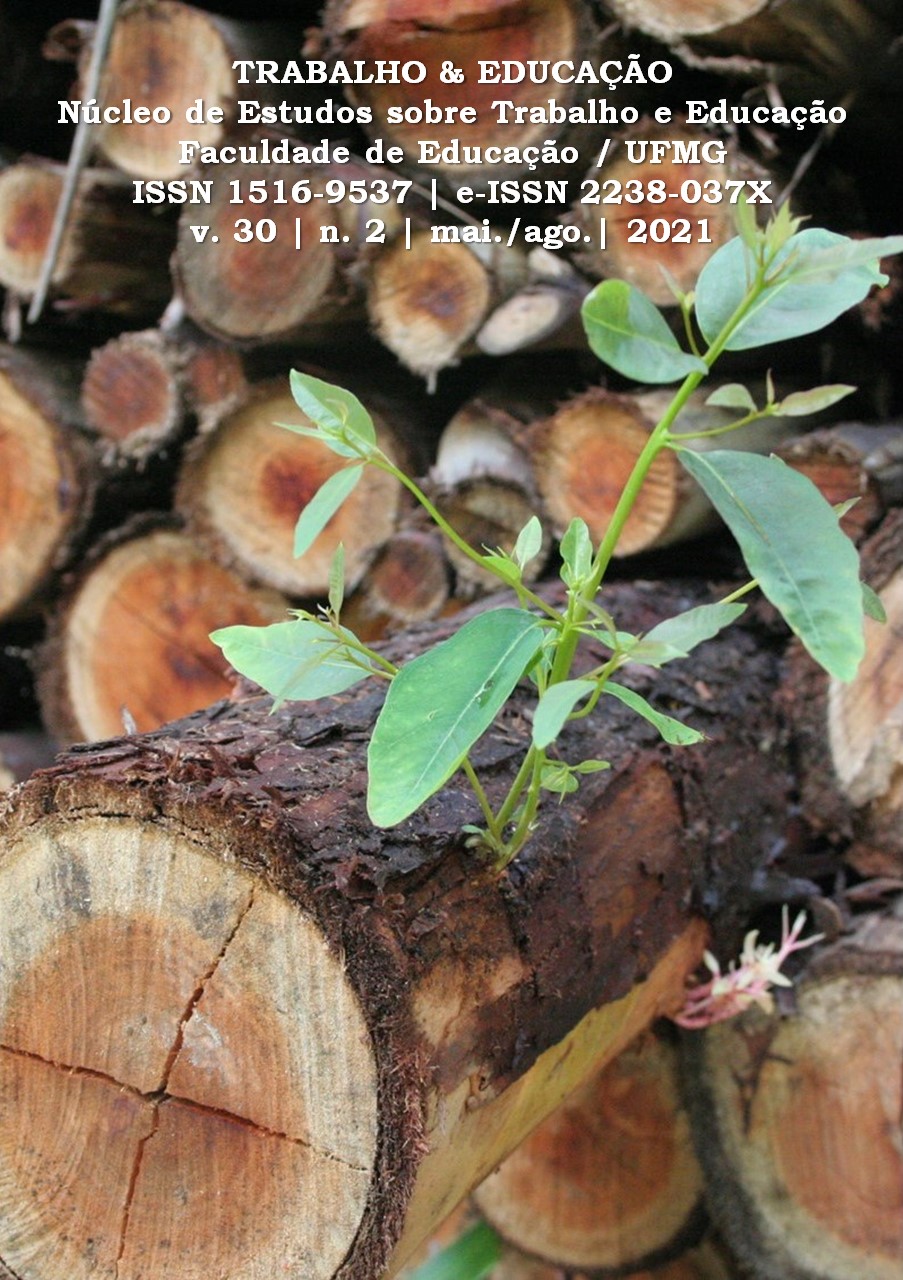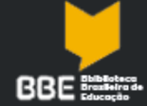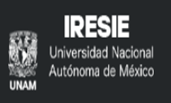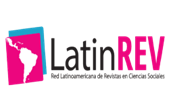Towards a Social Formation of Engineers
Criticism of the New Engineering Curriculum Guidelines
DOI:
https://doi.org/10.35699/2238-037X.2021.21992Keywords:
DCN, Industry 4.0, Social FormationAbstract
The new National Curricular Guidelines for the Engineering Undergraduate Course are a recent achievement of the governmental, industrial and academic sectors in Brazil. The broad agreement obtained reveals the existence of a consensual perspective of the society that, although not explained in the normative text, appears in a self-evident way. The new guidelines seem to solve several formative's endemic problems, while are pointing to other demands arising from the current reality, which requires the formation of more and better engineers through, among other actions, the development of soft skills. This article proposes a critical discussion in the space established between the model of society implicitly considered by the guidelines and the demands for a broad social formation of the engineers, in order to promote the adequate development of these competencies. It is argued that, without a broad social formation, the formation of the engineer can help to consolidate a stunted cognitive mode, preventing National Engineering from promoting its own paths. It is concluded about the need for a social formation that encourages the emergence of engineering inventiveness as a way to expand the possibilities of promoting alternative ways of life from the hegemonic one that, implicitly, the new guidelines promote.
Downloads
References
ARAVENA-REYES, J. For a Micro-Politics Analysis of Engineering Education. In: Philosophy Study. David Publishing Company, New York, USA, Vol. 4, n. 8, p. 574-590, 2014.
ARAVENA-REYES, J. Filosofia e Ensino de Engenharia: A relação Techné, Lógos e Métis. In: Revista Brasileira de Ensino de Ciência e Tecnologia, Ponta Grossa, Vol. 9, No. 3, p. 1-26, 2016.
ARAVENA-REYES, J.; KRENAK, A. O Cuidado Como Base Epistemológica da Produção Técnica do Antropoceno. Epistemologias do Sul, UNILA, Paraná, Vol. 1, n. 2, p. 129-163, 2018a.
ARAVENA-REYES, J. Para Além do Sustentável: a tecnologia do ambiente construído na era antropocêntrica, Short paper, XVII ENAC, Foz de Iguaçu, 2018b.
ABENGE. Inovação da Educação de Engenharia: Proposta de Diretrizes Curriculares Nacionais Para o Curso de Engenharia, Brasília: ABENGE, 2018.
BAZZO, W.; COSTA, L. A Revolução 4.0 e Seus Impactos na Formação do Professor em Engenharia. In: Revista de Ensino de Engenharia, v. 38, No. 3, Brasília: ABENGE, p. 28-39, 2019.
BELL, D. O Advento da Sociedade Pós-Industrial: uma Tentativa Social. Trad. H. Dantas. São Paulo: Editora Cultrix, 1977.
BRASIL. Parecer CNE/CES No. 1362 de 12 de Dezembro de 2001, DOU, 25 de Fevereiro de 2002, Seção 1, pág. 17, Brasília, 2002a.
BRASIL. Resolução CNE/CES No.11 de 11 de Março de 2002, DOU, 09 de Abril de 2002, Seção 1, Pág. 32, Brasília, 2002b.
BRASIL. Parecer CNE/CES No. 1 de 23 de Janeiro de 2019, DOU No. 77, do 23 de Abril de 2019, Seção 1, pág. 109, Brasília, 2019a.
BRASIL. Resolução CNE/CES No. 2 de 24 de Abril de 2019. DOU No. 80, 26 de Abril de 2019, Seção 1, Pág. 43-44, Brasília, 2019b.
CNI. Recomendações para o Fortalecimento e Modernização do Ensino de Engenharia no Brasil, Instituto Euvaldo Lodi – Brasília: CNI, 2018.
HAN, B. Sociedade do Cansaço, Petrópolis: Editora Vozes, 2018.
CRUTZEN, P. Geology of Mankind. Nature, v. 45, n. 3, MacMillan Publishers Limited, p. 23, 2002.
DELEUZE, G. Entrevista sobre O anti-Édipo (com Felix Guattari). In: Conversações. Trad. Perbart, P., São Paulo: Editora 34, p. 23-36, 1992.
FOUREZ, G. A Construção das Ciências: Introdução à filosofia e à ética das ciências. Trad. Rouanet, L., Editora da Universidade Estadual Paulista, São Paulo, 1995.
HEIDEGGER, M. A questão da Técnica (Die Frage nach der Technik). In: Caderno de Tradução, No. 2, Departamento de Filosofia, USP, São Paulo, p. 40-93, 1997.
HEIDEGGER, M. El Ser y el Tiempo, Editora del Fondo de Cultura Económica. Trad. José Gaos, México, 2000.
MITCHAM, C. The Importance of Philosophy to Engineering. Teorema, Universidad de Oviedo, Espanha, v. XVII-3, p. 27-47, 1998.
OLIVEIRA, V. (Org.). A Engenharia e as Novas DCNs: oportunidades para formar mais e melhores engenheiros. Rio de Janeiro: LTC, 2019a.
RIFKIN, J. La Civilización Empática, España: Ediciones Paidós Ibérica, 2010.
SCHWAB, K. A Quarta Revolução Industrial [e-book]. Trad. Miranda, D., São Paulo: Edipro, 2019.
SCHUMPETER, J. Teoria do desenvolvimento econômico, Trad. Maria Silvia Possas, Rio de Janeiro: Editora Nova Cultura, 1988.
SOLON, P. (Org.). Alternativas Sistêmicas. Peres, J. (Trad.) São Paulo: Editora Elefante, 2019.
SORENSEN, K. The Role of Social Science in Engineering. In: MEIJERS, A. (Ed.). Philosophy of Technology and Engineering Sciences, Elsevier, p. 93-116, Holanda, 2009.
STIEGLER, B. Por una Nueva Crítica de la Economía Política. Buenos Aires: Editora Capital Intelectual, 2017.
TODOROV, T. A Vida em Comum: ensaio de antropologia geral. Trad. Deângell, M. Wimmer, N. São Paulo: Editora da UNESP, 2014.
Published
How to Cite
Issue
Section
License
Copyright (c) 2021 Trabalho & Educação

This work is licensed under a Creative Commons Attribution 4.0 International License.
Os autores têm autorização para assumir contratos adicionais separadamente, para distribuição não-exclusiva da versão do trabalho publicada nesta revista (ex.: publicar em repositório institucional ou como capítulo de livro), com reconhecimento de autoria e publicação inicial nesta revista.












